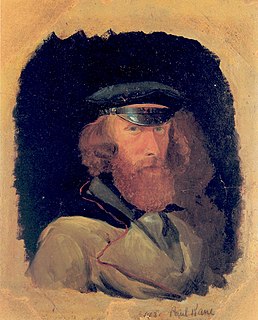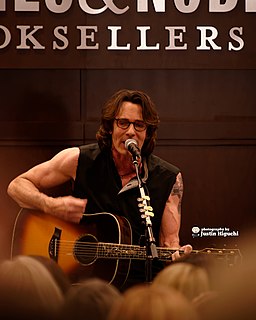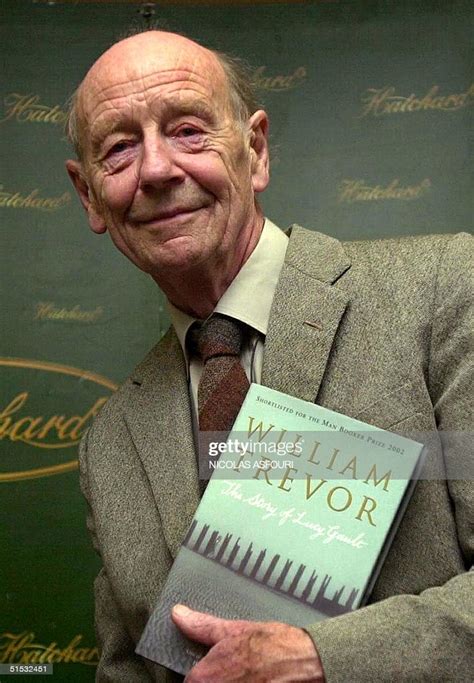A Quote by Paul Kane
Because I'm such a creative person, and I've always got my nose in a book, I suppose it was only a matter of time before non-fiction turned into fiction again. But I never consciously set out to become a writer and I never thought I'd be doing the things I'm doing today.
Related Quotes
I was trained mainly as a short story writer and that's how I started writing, but I've also become very interested in non-fiction, just because I got a couple of magazine jobs when I was really poor and needed the money and it turned out that non-fiction was much more interesting than I thought it was.
Creative non-fiction is such a liberating genre because it allows the non-fiction writer, whether he or she be journalist or essayist, to use all of the techniques of the fiction writer and all of the ideas, creative approaches, that fiction writers get a chance to use, but they have to use it in a true story.
Comedy is like fictional charm. It's the charm of fiction. Or the charisma of fiction. When you meet somebody who's immediately charismatic, you're attracted to that person. And in fiction it's got to come out in either one of two ways: in the prose itself, and you're hooked immediately because you never want to leave such a colorful and penetrating world. Or, it's simply being a funny writer.
I think all of us begin as writers. I wanted to be a writer from the time I as eight, long before I heard of jazz. The question is, once you have that obsession, what is your subject going to be and you often don't know for some time. It might become fiction, it might be non-fiction, and if it's non-fiction it can go in any number of directions.
I think one thing my mother always instilled in me was a sense of individuality. Being an only child, I never thought I had to rely on anyone. I was never afraid to be alone and I was never afraid to be my own person. So when all my friends were like, "Let's smoke weed," I was like, "I'm not doing it." It wasn't because I was trying to be a rebel or because I didn't like it or I was anti-drugs. I just didn't do it because I didn't want to do it, and if I didn't want to do it, I wasn't doing it. That was it.
The only good grades I ever got in school before I was kicked out were for creative writing. I thought that fiction might be in my future but then my career took a different path once the Beatles showed me what a blast being in a band could be. Writing my memoir Late, Late at Night reminded me how much I love the craft. So I decided to give fiction a shot again.Magnificent Vibration is the result. I’m still not quite sure where it came from, but once I got going, it practically wrote itself. I’ve heard writers I admire speak of that phenomenon, so maybe I’m on the right track.
When I turned 35, I thought, 'Mozart was dead at 36, so I set the bar: I'm going to start writing a book on my next birthday.' I thought historical fiction would be easiest because I was a university professor and know my way around a library, and it seemed easier to look things up than make them up.






































